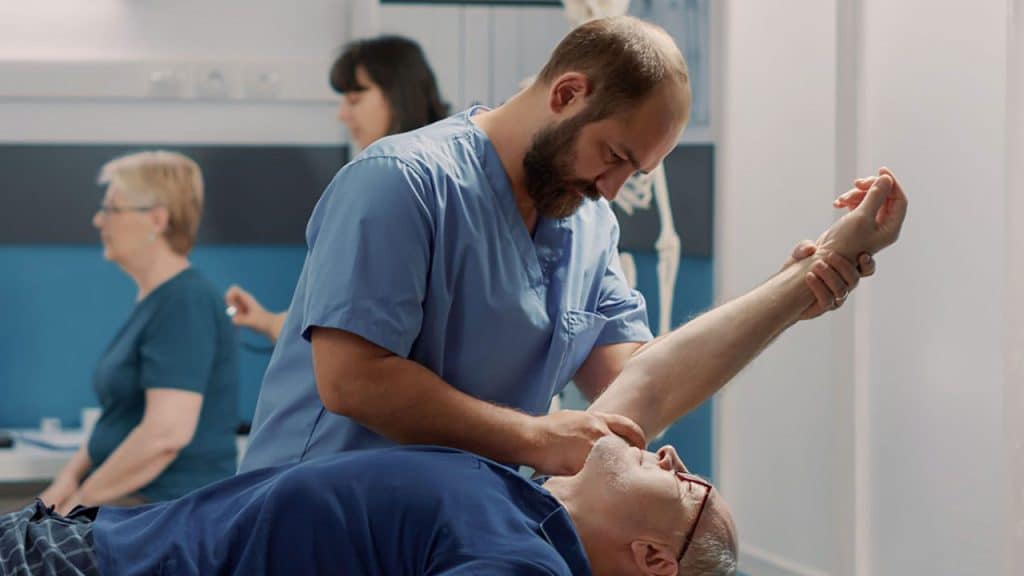Age comes with all sorts of additional health problems, and they’re not all as widespread or impactful as sarcopenia. If you’re not familiar, this is the technical name for age-related muscle loss. It’s why you’re not as strong as you used to be. Luckily, a new drug is in development that may help treat it (https://longevity.technology/news/biophytis-applies-to-commence-first-ever-phase-3-sarcopenia-trial/).
There’s no single cause or progression for sarcopenia. It’s influenced by genes, hormones, diet, exercise, any other medical conditions we may have and a host of other factors. In some cases, it’s almost unnoticeable; in others, it can lead to a significant decline in quality of life, including increasing the risk of falls and injuries. There’s no cure and no medication to control the symptoms, so management tends to focus on lifestyle changes related to exercise and nutrition.
That could be about to change. Biophytis, a company that specializes in longevity biotechnology, has been working on a potential treatment and recently announced it’s ready to begin phase 3 trials. It just needs authorization from the FDA in America and the European Medicines Agency in Europe. There’s never been a phase 3 trial for a sarcopenia drug before.
The drug in question is called Sarconeos (BIO101). It’s not just aimed at sarcopenia but at other neuromuscular diseases like Duchenne muscular dystrophy and may even have a role to play in treating Covid-19. That’s because the small molecule of Sarconeos, which you can take orally, may activate what’s known as the MAS receptor, which doesn’t just impact muscle strength and mobility but also your respiratory functions.
Sarconeos works on both smooth and skeletal muscles. Its impact on muscle metabolism includes stimulating protein synthesis to preserve and even increase muscle growth, and improving energy production, which can boost both the strength and mobility of the muscle, even in the face of aging or muscle-wasting illness.
A phase 3 trial should be able to show whether Sarconeos is both safe and effective. The plan is to involve more than 900 participants with sarcopenia, all in the 65+ age bracket. The main method of assessing strength and mobility will be the Major Mobility Disability risk (ability to walk 400m in 15 minutes), but it will also look at walking speed, handgrip strength and more general quality of life, as reported by participants. Hopefully, we’ll soon know if Sarconeos can live up to its promise.




